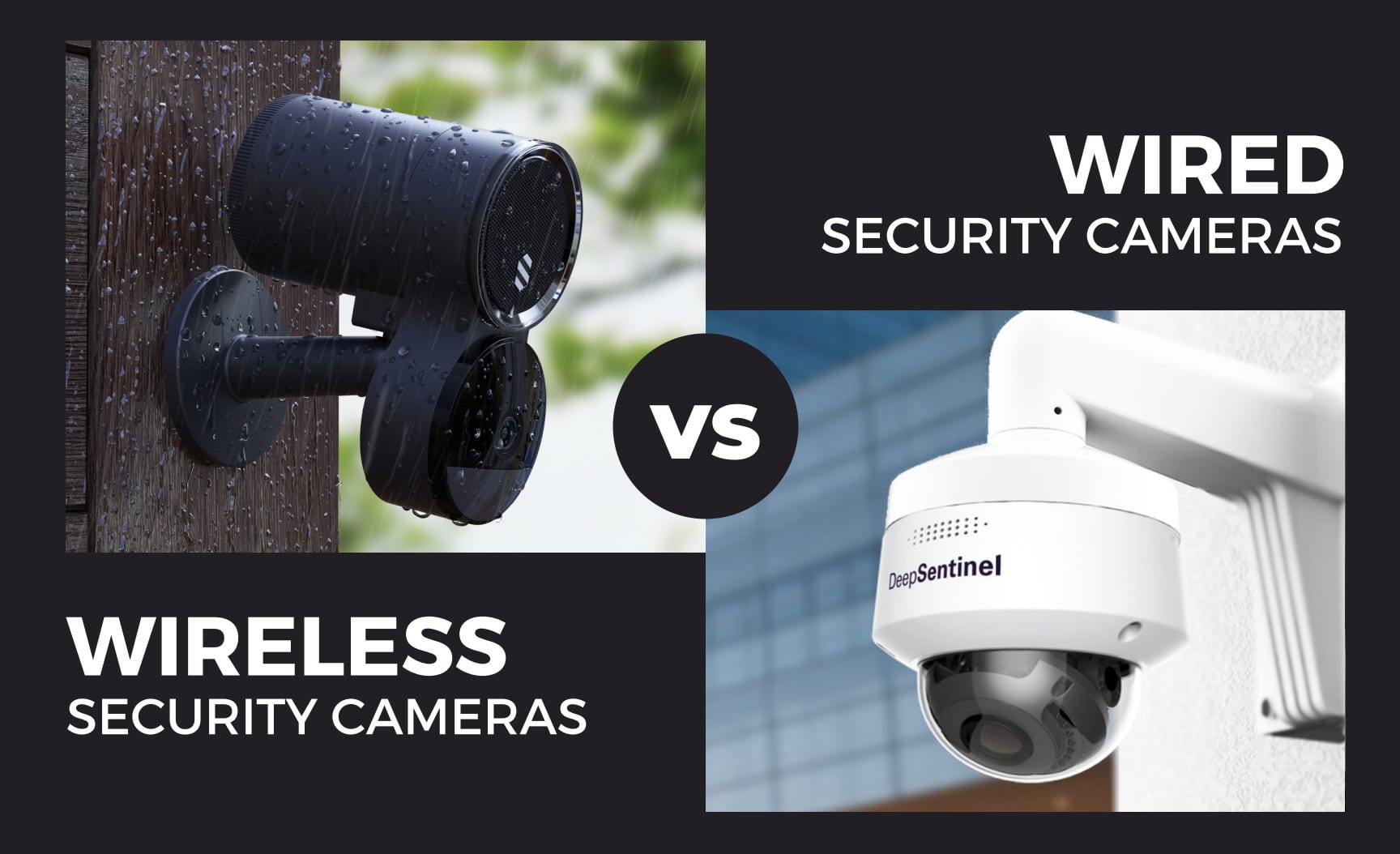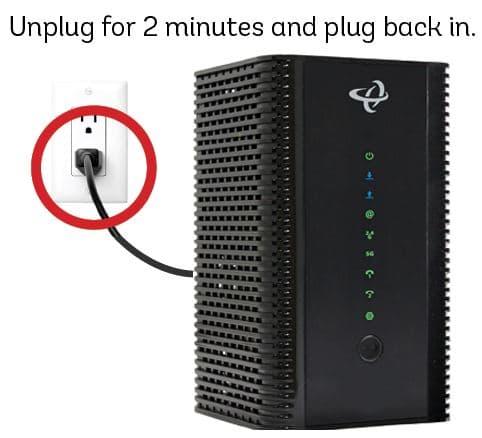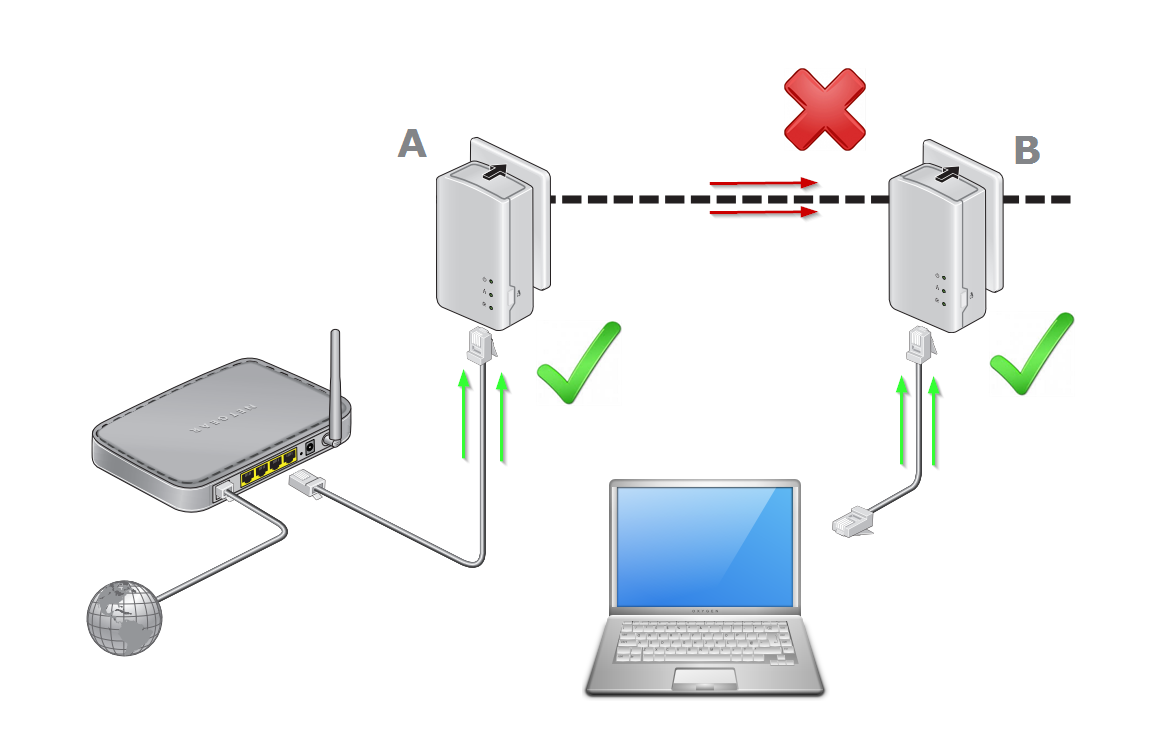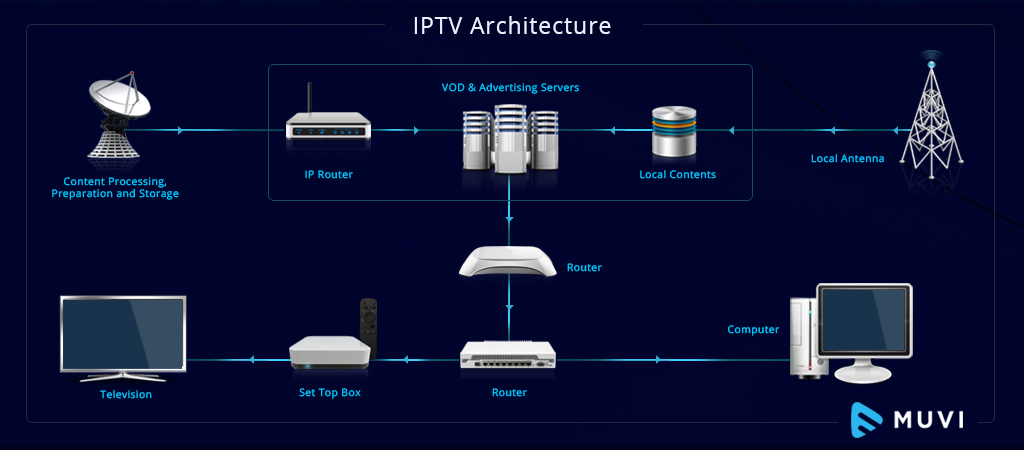In today’s security-conscious world, closed-circuit television (CCTV) systems have become an essential tool for protecting homes, businesses, and public spaces. As technology advances, property owners and security professionals face an important decision: should they opt for a traditional wired CCTV system or embrace the convenience of wireless technology? This comprehensive guide will explore the pros and cons of both wired and wireless CCTV systems, helping you make an informed decision based on your specific needs and circumstances.

Understanding CCTV Systems
Before diving into the comparison, it’s essential to understand what CCTV systems are and how they function. CCTV systems use video cameras to transmit a signal to a specific place, on a limited set of monitors. Unlike broadcast television, CCTV signals are not openly transmitted, though point-to-point (P2P), point-to-multipoint, or mesh wired or wireless links may be used.
Wired CCTV Systems
Wired CCTV systems rely on physical cables to transmit video and audio signals from the cameras to the recording device or monitor. These systems typically use coaxial or Ethernet cables to ensure a stable and reliable connection.
Wireless CCTV Systems
Wireless CCTV systems, on the other hand, use Wi-Fi or other wireless technologies to transmit video and audio data. While they still require a power source, they eliminate the need for extensive cabling between cameras and the central recording unit.
Pros and Cons of Wired CCTV Systems
Let’s examine the advantages and disadvantages of wired CCTV systems:
Pros of Wired CCTV Systems
- Reliability: Wired systems offer a more stable and consistent connection, as they are not susceptible to wireless interference or signal drops.
- Image Quality: With a direct, wired connection, these systems can transmit higher quality video without compression, resulting in clearer and more detailed footage.
- Security: Wired systems are generally more secure, as they are not vulnerable to wireless hacking or signal interception.
- Scalability: Wired systems can support a larger number of cameras without compromising performance, making them ideal for extensive surveillance setups.
- No Battery Concerns: Unlike some wireless cameras, wired systems don’t rely on batteries, eliminating the need for frequent replacements or recharging.
Cons of Wired CCTV Systems
- Complex Installation: Installing a wired system can be time-consuming and may require professional help, especially in larger properties or existing structures.
- Limited Flexibility: Once installed, it can be challenging to relocate wired cameras without significant effort and potential damage to walls or ceilings.
- Visible Wiring: Cables may be visible in some installations, which can be aesthetically displeasing and potentially compromise the system’s security.
- Higher Initial Costs: The installation of a wired system often comes with higher upfront costs due to the need for cabling and potentially professional installation.
- Vulnerability to Physical Tampering: Exposed wires can be cut or damaged, potentially disabling the entire system.
Pros and Cons of Wireless CCTV Systems
Now, let’s explore the advantages and disadvantages of wireless CCTV systems:
Pros of Wireless CCTV Systems
- Easy Installation: Wireless cameras are generally easier to install, often requiring little more than mounting and connecting to a power source.
- Flexibility: These systems offer greater flexibility in camera placement and can be easily relocated as needed.
- Aesthetics: With no visible wires, wireless systems can be more discreet and aesthetically pleasing.
- Remote Access: Many wireless systems offer easy remote viewing capabilities through smartphones or tablets.
- Expandability: It’s typically easier to add new cameras to a wireless system without the need for additional wiring.
Cons of Wireless CCTV Systems
- Signal Interference: Wireless cameras can be affected by interference from other devices, potentially leading to degraded video quality or connection issues.
- Range Limitations: The effective range of wireless cameras can be limited, especially in buildings with thick walls or multiple floors.
- Power Source Requirements: While wireless in terms of data transmission, these cameras still need a power source, which can limit placement options.
- Security Concerns: Wireless systems can be vulnerable to hacking if not properly secured, potentially compromising privacy and security.
- Bandwidth Issues: In systems with multiple cameras, the wireless network may become strained, affecting overall performance.
Factors to Consider When Choosing Between Wired and Wireless CCTV Systems
When deciding between wired and wireless CCTV systems, consider the following factors:
- Installation Environment: The physical layout of your property and the ease of running cables can significantly influence your choice.
- Budget: Consider both initial installation costs and long-term maintenance expenses.
- Scale of Coverage: The number of cameras needed and the size of the area to be monitored can affect system performance and choice.
- Video Quality Requirements: If high-resolution, uncompressed video is crucial, a wired system might be preferable.
- Network Infrastructure: Existing network capabilities and the potential need for upgrades should be taken into account.
- Security Priorities: Assess the level of security required and the potential risks associated with each system type.
- Future Expandability: Consider potential future needs and how easily the system can be expanded or modified.
Best Practices for CCTV System Implementation
Regardless of whether you choose a wired or wireless CCTV system, following these best practices can help ensure optimal performance and security:
- Professional Installation: While DIY installation is possible, professional installation can ensure proper setup and optimal performance.
- Regular Maintenance: Schedule regular system checks and maintenance to keep your CCTV system functioning at its best.
- Secure Network Configuration: For wireless systems, use strong encryption and regularly update passwords to prevent unauthorized access.
- Adequate Storage: Ensure you have sufficient storage capacity for your recording needs, whether using local storage or cloud-based solutions.
- Compliance with Regulations: Be aware of and comply with local laws and regulations regarding CCTV usage and privacy.
- User Training: Properly train all users on system operation and security protocols.
- Backup Power: Implement backup power solutions to ensure continuous operation during power outages.
Hybrid CCTV Systems: The Best of Both Worlds?
For those struggling to choose between wired and wireless systems, hybrid CCTV systems offer a potential solution. These systems combine elements of both wired and wireless technologies, allowing for greater flexibility and customization.
Advantages of Hybrid Systems:
- Flexibility: Use wired cameras for critical areas requiring the highest reliability and wireless cameras for hard-to-reach or temporary locations.
- Scalability: Easily expand your system with a mix of wired and wireless cameras as needed.
- Cost-Effectiveness: Optimize your budget by using wired cameras where cabling is easy and wireless where it’s challenging.
- Future-Proofing: A hybrid system can adapt to changing needs and technological advancements more easily than a purely wired or wireless setup.
The Future of CCTV Technology
As technology continues to evolve, the landscape of CCTV systems is likely to change. Some emerging trends to watch include:
- AI-Powered Analytics: Advanced artificial intelligence algorithms are improving video analysis capabilities, enhancing threat detection and reducing false alarms.
- 5G Integration: The rollout of 5G networks may significantly improve the performance and reliability of wireless CCTV systems.
- Edge Computing: Processing video data at the camera level (edge computing) could reduce bandwidth requirements and improve system responsiveness.
- Cloud-Based Solutions: Increased adoption of cloud storage and management platforms may blur the lines between traditional wired and wireless systems.
- IoT Integration: CCTV systems are becoming part of larger Internet of Things (IoT) ecosystems, offering enhanced functionality and automation.
Making the Right Choice for Your Needs
Ultimately, the choice between wired and wireless CCTV systems depends on your specific requirements, budget, and installation environment. Here are some scenarios where each system might be preferable:
When to Choose Wired CCTV Systems:
- For large-scale installations in commercial or industrial settings
- When consistent, high-quality video is crucial
- In new construction where cabling can be easily integrated
- For areas with potential wireless interference
- When the highest level of security is required
When to Choose Wireless CCTV Systems:
- For residential or small business applications
- In historic buildings where running cables is challenging
- For temporary or frequently changing camera locations
- When quick and easy installation is a priority
- In situations where aesthetics are a major concern
Conclusion
Both wired and wireless CCTV systems have their place in modern security setups. Wired systems offer reliability and consistent performance, making them ideal for large-scale or high-security applications. Wireless systems provide flexibility and ease of installation, perfect for smaller setups or locations where running cables is impractical.
As you evaluate your options, consider your specific needs, budget, and the physical characteristics of your property. Don’t hesitate to consult with security professionals who can provide personalized recommendations based on your unique situation.
Remember, the most effective CCTV system is one that is properly installed, regularly maintained, and aligned with your security goals. Whether you choose wired, wireless, or a hybrid solution, investing in a quality CCTV system can provide peace of mind and enhanced security for years to come.





